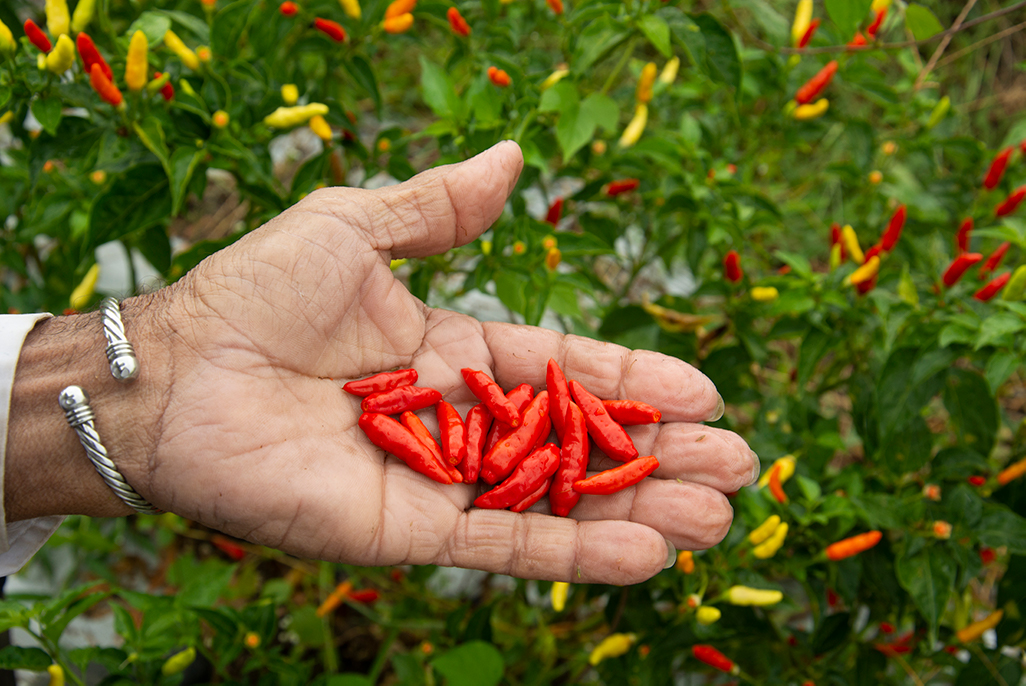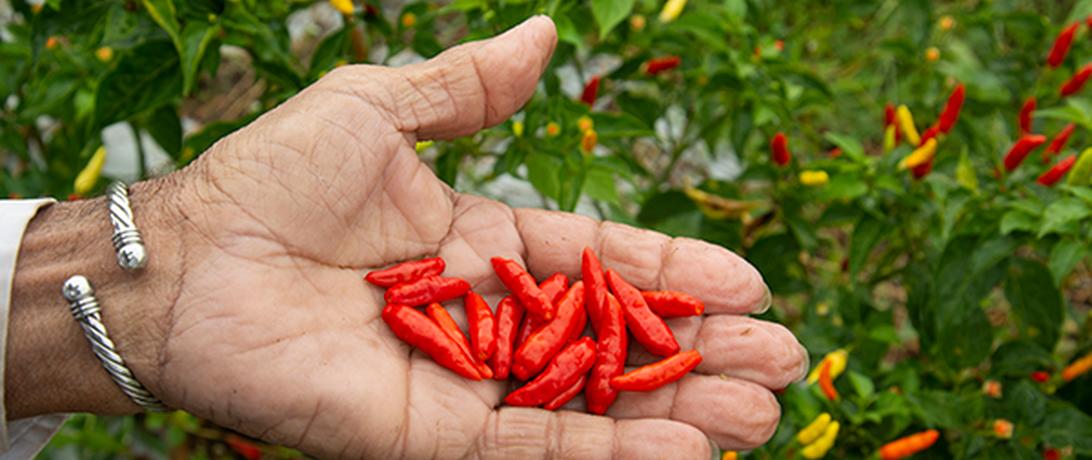
Through the persistent work done by the collectives of campesinos and reincorporated ex-combatants and with the support from PASO Colombia and this diverse partner network, the ERA of Miranda consolidated as a social process and as an exercise of knowledge appropriation and capacity strengthening for its participants.
For PASO Colombia’s team, territorial peacebuilding translates into a commitment to find comprehensive solutions for a diverse range of interrelated problems that have produced poverty, exclusion, and lack of development opportunities for the country’s rural population. This effort has characterized the ERA model as a whole, aiming to provide sustainability in the economic cycle (production, distribution, circulation), and political and cultural sustainability to the experience, through dialogue and collaboration with a multiplicity of stakeholders in the territory.
This uniqueness underscores the need to take into account the load of meanings, constructed narratives, hopes, frustrations, and fears that shape the process and journey of each subject. Also, it highlights the relevance of ex-combatant and campesino leaders both as peacebuilders and representatives of their social context. In this sense, the change of attitudes, values, and behaviors in order to build peace is conceived as a work exercise, that is, not only as a meeting and dialogue scenario, but as a daily task. In the words of its director: “The gesture of peace par excellence is to work with the other to change that which reproduced war.”
